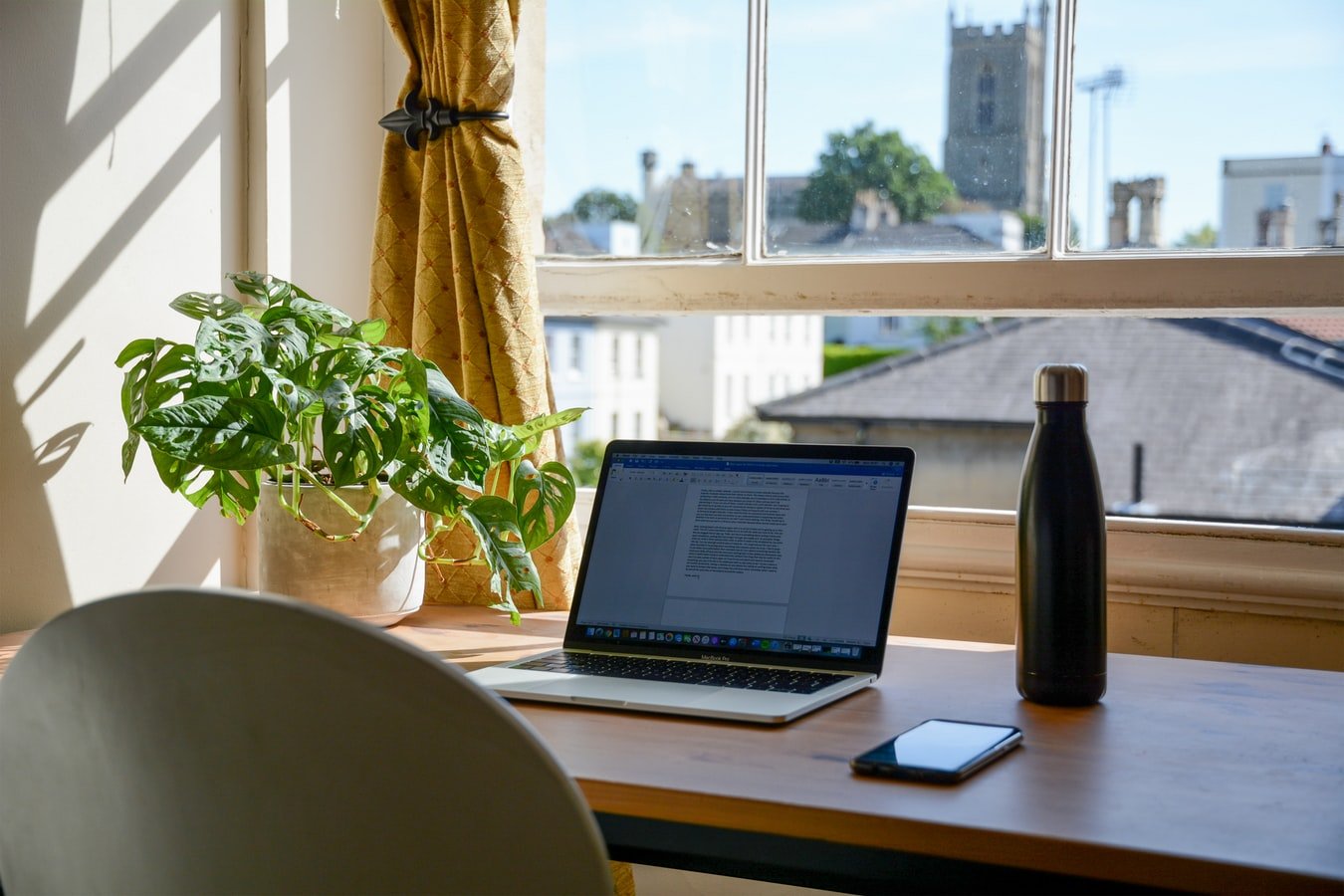
Those who work office jobs often share how great it would be to work from home, skip the long commutes, and get things done in their pajamas. While all of those aspects are enticing enough, we freelancers know that a more permanent setup of working from home does have disadvantages, mainly the big “B” word or burnout.
When one is hit with burnout, everything, and I mean everything, is affected – from your productivity and income to your daily mood and outlook on life. According to helpguide.org, burnout is “a state of emotion, physical and mental exhaustion caused by excessive and prolonged stress.” See what we mean by “everything is affected?” When burnout hits, you feel overwhelmed by your work demands, drained by everything you’ve done thus far, and pressured to meet future projects.
Burnout can occur with any job, regardless of industry or setup (office, field, or home). However, the lack of boundaries, so to speak, with a work from home job and minimal physical interaction with other individuals often leads to a faster rate of reaching this unwanted state. Furthermore, the ongoing coronavirus pandemic pushed more professionals to work from home setting. With this issue’s gravity in mind, here are a few simple yet effective ways to ensure no one ends up feeling burned out.
Apply Work Hours
A typical workday consists of eight hours plus an hour for lunch. Japan regulations have adopted the 40-hour workweek since 1987. Anything more than this is eligible for overtime pay.
When working from home, the 40-hour schedule is often blurred because you have more control of your time, and you technically have “more hours” available. This is especially true in a Japanese workplace environment where overtime is considered a norm. However, do not fall into the trap of extending that eight-hour shift.

When you sit in front of that computer or begin your workday at 9 am, push to shut down all work-related activities by 6 pm. Anything beyond that is like taking home your work, which we all know is not good practice for achieving a work-life balance.
While working eight hours straight with no distractions is ideal, it is understandable that this becomes challenging when working from home. Our home responsibilities are nearby, literally, and it takes extra effort to focus on work-related tasks first. A workaround would be to set aside an hour or two to address home stuff then perhaps extend your work schedule towards into the evening.
The goal is to form routine because this is what our minds and bodies search for in handling a task. When you get that work schedule pegged, you minimize outstretched hours that leads to burnout. Treat your work from home schedule much like typical office hours.
Take Days Off
Equally important are breaks or days off where you will not open a single document or work-related email. Do take note that this is easier said than done when you have a freelance job or have a work-from-home schedule. There are moments when you get behind schedule and feel the pressure to compensate by working on the weekends or extra days when you should be resting. It is vital to take periodic breaks from your job because they serve as a recharge session and keep burnout at bay.
If you are constantly engaged with your deadlines and don’t give yourself and your work some space, you can quickly get sick and tired of what you do. Think of it like a relationship, where both partners need some form of distance to refresh and miss each other again.
Make Your Home Office Comfortable
Nothing stops you from going all out in ensuring your home workspace is as comfortable and work-friendly as possible. You can get a bigger monitor, Bluetooth noise-canceling earphones, HD webcam, proper lighting, blue-light cutting glasses, or an ergonomic chair to ensure your experience is suitable for your physical and mental health.

Work-from-home experts often advise setting up a separate space for your work, meaning away from the bedroom or living room. Given apartments or mansions in Japan are tiny with limited space to transform into a home office, a simple divider or a designated work desk could do the trick, too. Your brain should know that there are distinctions between these rooms, such as the bedroom being for rest and relaxation while the home office is for work.
Don’t Forget to Go Out
There is nothing like the recharging capabilities of sunlight. It reduces stress, improves sleep, fights off depression, strengthens the immune system, and gives you the needed energy to get on with your day. Whether it’s an early morning run (look for a river in Google maps, and there’s usually an accompanying walkway beside it), coffee by the balcony, or a walk around the block, do try to get your daily dose of vitamin D.
This might be a simple thing to do, but applying it opens you to all the benefits. Besides, wouldn’t it be better to say “hi” to the sun first thing in the morning instead of demanding work emails?
Don’t Feel Bad for Unproductive Days
We all have those days and can’t do much about them. Whether it’s a family call, an unwarranted emergency, or distractions one after the other, there are many ways to make a work-from-home day unproductive.
You could even wake up with zero inspiration and motivation. You face your screen monitor and try to type, but nothing comes out. Writers call it a slump or a block. Instead of feeling bogged down by this and getting angry with yourself for not getting much done, give yourself some reassurance that this is normal!
One tip for addressing unproductive days would be to pinpoint them early. You’ll learn how to decipher when it’s going to be “one of those days.” From there, focus your energies on relaxation and getting a change of air to keep yourself from being burned out. Get your urgent or critical tasks done quickly, then treat the unproductive day like an unplanned day off.

Consider the unproductive day as your cheat day when on a diet. Tune out the pressure that you need to get things done and read a book, play a game, or watch movies, instead. In doing so, you preemptively stop the symptoms of experiencing burnout. Burnout and unproductivity is a cycle that could continue for days on end if not addressed promptly.
On a positive note, you will also have those days when you work like a beast – mind and schedule are functioning smoothly and clearly. By noon, you are amazed that you’ve gotten so much done. These are the moments when you can catch up in case those unproductive days make you feel guilty.
Give Focus on Hobbies and Rewards
The wonderful thing with having a work-from-home schedule or a freelance job is you have more control over your time. Imagine all those hours spent taking public transportation being used for activities you actually enjoy.
You now have more time to socialize, organize, paint, read, record music, write a journal, play video games, satisfy a green thumb – you name it. It would help if you also gave yourself legitimate rewards like shopping sprees, staycations, or vacations on top of hobbies. Rewarding oneself provides a sense of accomplishment for a job well done – motivating and inspiring you further.
Prevention is better than cure, they say. The same applies to burnout. It takes so much effort to get out of the rut than practicing the steps mentioned above to prevent it. In due time, you will discover that you haven’t felt work fatigue in quite a while.














